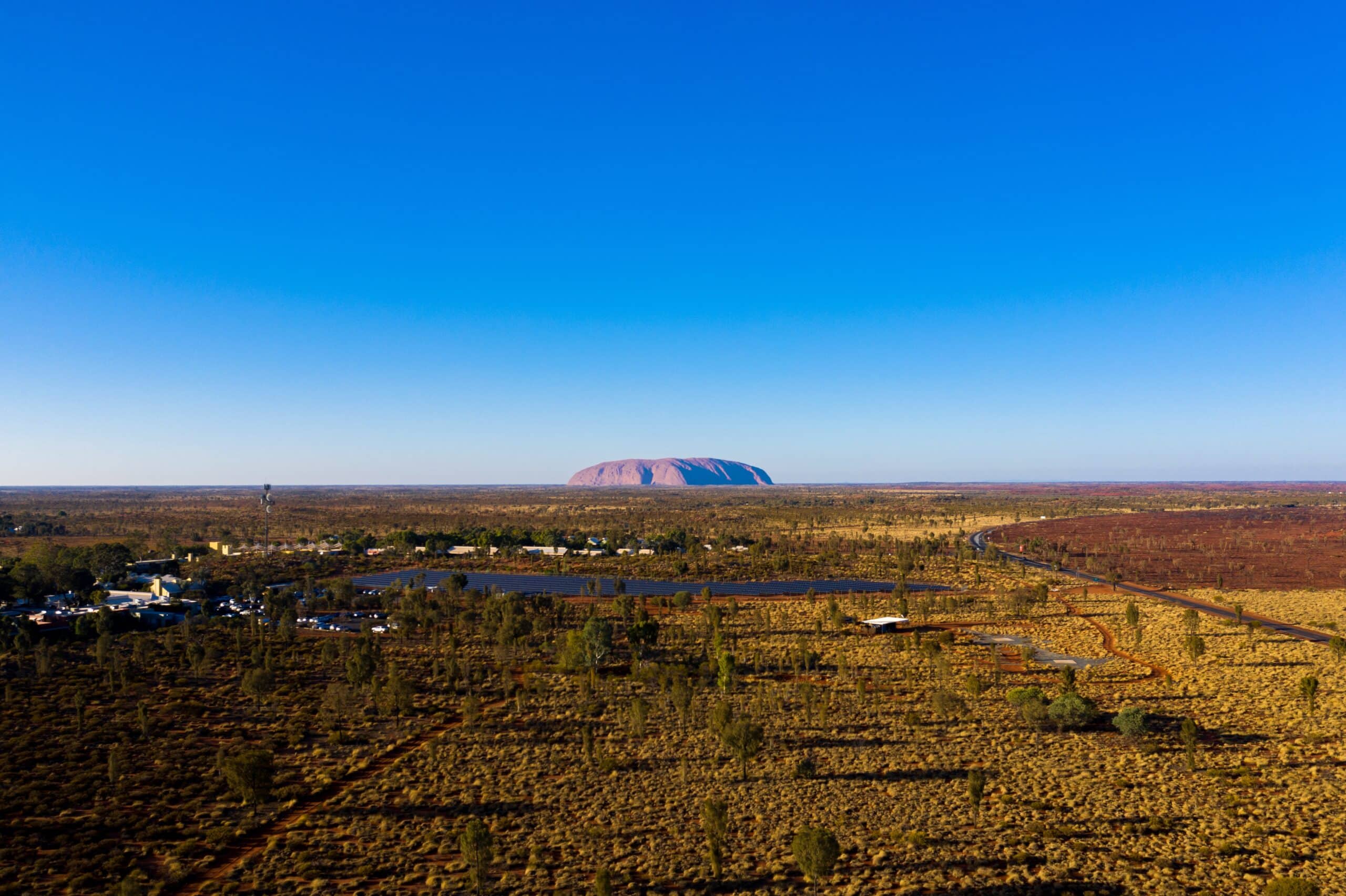If business, and retail especially, must reflect the zeitgeist in order to remain relevant, then in this unique inflection point in history, the rights of Indigenous people must be incorporated into how and why we do business.
In a world increasingly caught off guard by uncertainty and turmoil, justice and the protection of indigenous rights has become a moral duty, and a way to begin to redress the extraordinary dispossession and violence that has marked our colonial past.
Now more than ever, as we grapple with the issues of diversity, equity and inclusion, business has a unique opportunity – and indeed, a responsibility – to contribute meaningfully to the advancement of Indigenous Australians. By leveraging its resources and influence, business can become a powerful ally in the fight for justice and Indigenous rights.
Retailers especially have a unique opportunity to play a leadership role in this ongoing conversation. Why? Because consumers increasingly care about the state of our world, the cohesion of our communities, and social and environmental justice.
There is also a pragmatic opportunity. Promotion, discounting and advertising are increasingly expensive tools. They are also increasingly not enough. Authentic conversations about the key issues of our time can powerfully engage consumers and meaningfully differentiate brands. As consumers, we seek leadership from the brands we want to love; that these brands represent part of the solution also gives us – as consumers – a clear choice when making purchase decisions.
Businesses can also begin by acknowledging the historical and ongoing impacts of colonisation on Indigenous people. This requires a commitment to truth-telling, both within our organisations and with key stakeholders. By acknowledging the injustices of the past and its implications today, businesses can begin to foster a culture of awareness, empathy, accountability and courage.
Do retailers have a unique opportunity to engage indigenous communities and develop mutually beneficial relationships? While I believe the answer is yes, this must go beyond including an indigenous model in a photo shoot, to genuine consultation, building relationships based on trust and respect, and delivering to indigenous communities the economic opportunities from which they have long been excluded.
This can include supporting Indigenous-owned businesses, hiring Indigenous talent and creating pathways to economic empowerment. With the challenges of attracting and retaining staff, especially to work in-store, hiring
Indigenous team members can directly help address the vast socio-economic disparities that still persist.
In addition, by showcasing the richness and diversity of Indigenous cultures to its customers, retailers can challenge stereotypes, foster greater understanding and appreciation.
Yet the engagement of businesses in the fight for Indigenous rights must be one of authenticity, humility, and long-term commitment. This requires a willingness to listen and learn from Indigenous peoples, and not seek easy answers where they don’t exist.
My observation is that historically, retail as an industry has been largely reactive, rarely playing a leadership role in addressing the pressing issues of the time.
That these issues somehow sit outside the purview of business, that sales and profitability are independent and therefore not tied to the concerns of consumers, strikes me as a self-defeating lack of imagination.
At i=Change, by making it simple for retailers to give back to Indigenous communities, and support key social and environmental issues – by providing a pathway to deeper conversations with customers – these brands receive significant customer engagement and loyalty.
Research also shows that businesses which prioritise diversity, equity, and inclusion are more innovative, resilient, and far more competitive in the long run. The engagement of business in the fight for justice and Indigenous rights is now both a moral and strategic imperative.
Times are changing.
The silos that separated the success of business from the concerns of consumers are breaking down. Business is clearly being called to play its part.
Now More Than Ever serves as a powerful reminder of the ongoing struggle for justice. In this context, the role of business has become critical.
By acknowledging the past, engaging meaningfully with Indigenous communities, promoting economic empowerment and cultural preservation, and embodying principles of authenticity and humility, retailers can become powerful allies in this perpetual fight for justice.
As we confront the challenges of the present and chart a path forward, in this seemingly fragile time in history, we are being called to build a future on a new foundation that is just, equitable, and inclusive for all.
Written by Jeremy Meltzer, Founder & CEO of i=Change




















